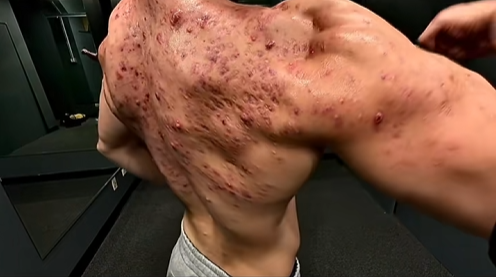The Hidden Consequences of Poor Relationship Choices: A Guide to Better Decision-Making

Making the wrong relationship decisions can have far-reaching consequences that extend well beyond the initial encounter. Understanding these potential outcomes is crucial for anyone navigating modern dating advice and relationship counseling needs.
Emotional Impact and Mental Health Consequences
Poor relationship choices often lead to significant emotional distress that can persist long after the experience ends. When intimacy is shared with someone who lacks genuine care or respect, individuals frequently experience:
- Feelings of emptiness and regret
- Self-doubt and diminished self-worth
- Difficulty processing complex emotions
- Mental health challenges requiring therapy or counseling
Many people struggle to separate physical connections from emotional attachment, making recovery more challenging. This emotional turmoil often requires professional relationship counseling to address properly.
Social and Relationship Complications
Dating mistakes can create complex social situations with lasting repercussions:
Trust and Reputation Issues
- Damaged friendships and social circles
- Trust issues that affect future relationships
- Public scrutiny and social judgment
- Workplace or community relationship complications
Mismatched Expectations
When partners have different relationship goals, conflict inevitably arises. Professional relationship advice emphasizes the importance of clear communication about intentions before becoming intimate.
Health and Safety Considerations
Sexual health remains a critical concern in any intimate relationship:
Physical Health Risks
- STD prevention requires consistent safe practices
- Unplanned pregnancy concerns and family planning issues
- Need for regular sexual health screenings
- Importance of birth control and protection methods
Healthcare Costs
The financial burden of STD testing, pregnancy tests, and related healthcare can be substantial, especially without proper insurance coverage.
Long-term Relationship Patterns
Poor choices can establish negative patterns affecting future dating success:
Trust and Attachment Issues
- Difficulty forming healthy emotional connections
- Trust issues that require relationship therapy
- Patterns of seeking validation through physical relationships
- Challenges with commitment and emotional vulnerability
Self-Worth and Boundaries
Learning to establish healthy relationship boundaries becomes essential for future dating success and personal growth.
Recovery and Moving Forward
Professional Support Options
- Relationship counseling for processing experiences
- Therapy for addressing trust and attachment issues
- Dating coaching for improving future relationship choices
- Mental health support for emotional recovery
Building Healthy Relationship Skills
- Developing better communication skills
- Learning to recognize red flags in potential partners
- Understanding personal values and relationship goals
- Building self-esteem and emotional intelligence
Prevention Through Education
Key Relationship Advice
- Prioritize emotional compatibility over physical attraction
- Establish clear boundaries and expectations early
- Practice safe sex and prioritize sexual health
- Seek relationship guidance when facing difficult decisions
Personal Development Focus
Investing in personal growth and self-improvement creates a foundation for healthier future relationships. This includes:
- Building emotional intelligence
- Developing communication skills
- Understanding attachment styles
- Practicing self-care and boundary-setting
Conclusion: Learning from Experience
While poor relationship decisions can have serious consequences, they also provide valuable learning opportunities. Professional relationship counseling, therapy, and dating advice can help individuals process these experiences constructively.
The key to recovery lies in understanding your worth, establishing healthy boundaries, and choosing partners who align with your emotional and personal values. With proper support and personal development, it’s possible to transform difficult experiences into wisdom for building stronger, healthier relationships in the future.
Remember: seeking professional help through therapy or relationship counseling is a sign of strength, not weakness, when dealing with the aftermath of poor relationship choices.